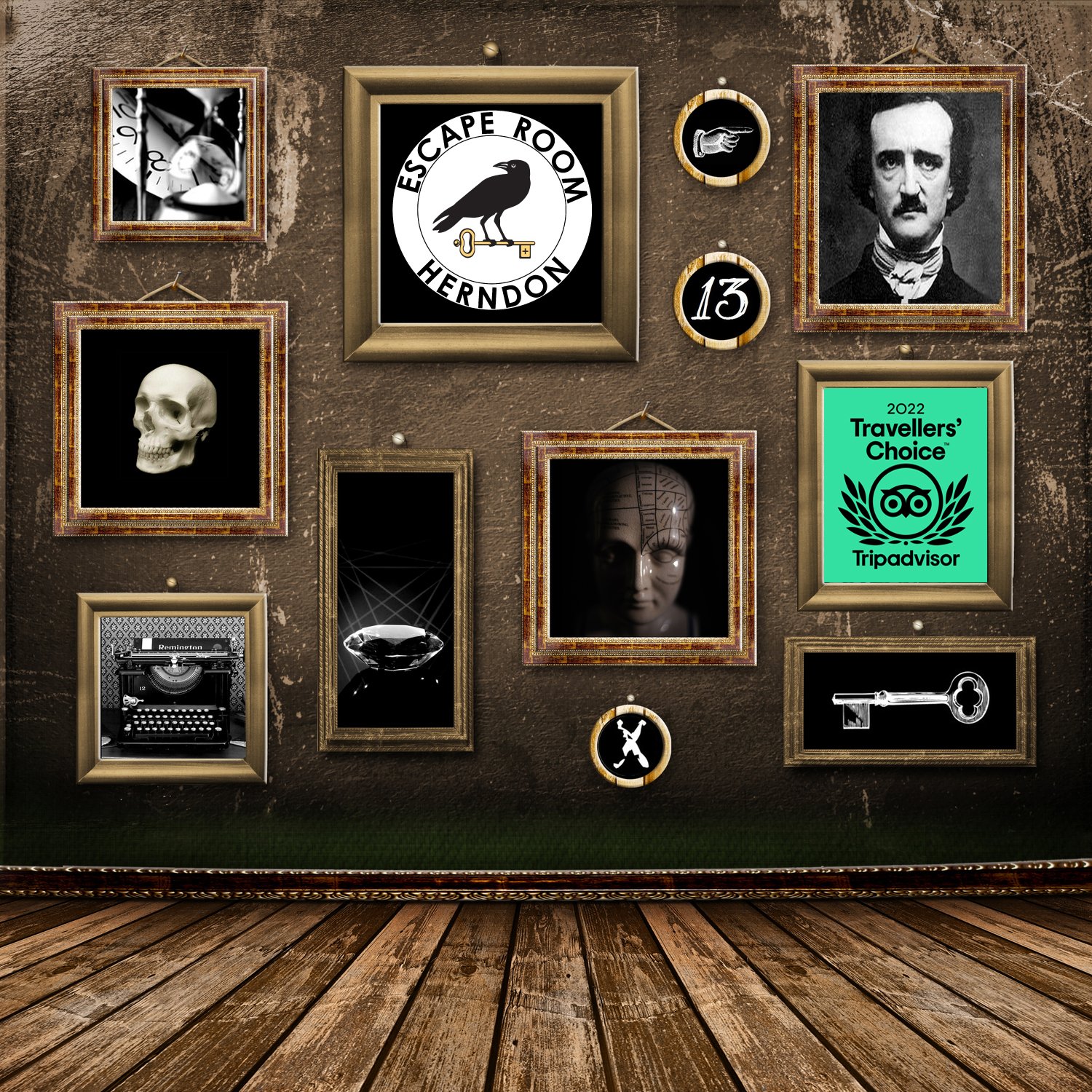Group Approaches: Just How to Team up Efficiently in a Retreat Area
Browsing the intricacies of a retreat room requires more than plain excitement; it needs a well-coordinated method grounded in clear communication, strategic function jobs, and experienced time monitoring. Teams should actively pay attention to every member's understandings, appoint functions that align with specific staminas, and maintain normal check-ins to make certain focus and prevent redundancy. By cultivating an atmosphere that values cohesion and flexibility, groups can considerably enhance their effectiveness and success rates. The subtleties of these methods can transform the experience, yet how specifically can they be carried out to make best use of the capacity for success?
Establish Clear Communication

To facilitate clear communication, it is vital to mark a central point of call for details dissemination. Short, concentrated updates from each group participant can maintain the team informed without overwhelming them with info.

Assign Duties Strategically
While clear interaction sets the structure for effective teamwork, designating roles purposefully guarantees that each employee's toughness are used properly. In a getaway area circumstance, the time-sensitive and complex nature of obstacles necessitates an efficient method to job delegation. By identifying and leveraging specific competencies, groups can optimize their analytical capacities and improve total performance.
Someone with an eager eye for information could succeed in locating surprise items, while a rational thinker can be much better matched to addressing problems. This duty frequently requires strong organizational and interpersonal abilities.
2nd, ensure that roles are flexible and versatile. As brand-new obstacles emerge, the group has to have the ability to pivot, reapportioning jobs as needed. This versatility helps maintain momentum and protects against traffic jams that can happen because of rigid role jobs.
Inevitably, a strategic strategy to duty task not only optimizes the staminas of each staff member yet likewise promotes a cohesive setting, driving the team towards an effective getaway.
Utilize Diverse Abilities
Identifying and utilizing the varied skills within your group can substantially elevate your efficiency in an escape space. Each team participant brings distinct toughness to the table, and successfully leveraging these abilities can expedite analytical and enhance total efficiency. For instance, a team participant with strong logical skills may excel at decoding complicated codes or patterns, while an additional with eager empirical abilities might quickly identify covert ideas that others could ignore.
Motivate team members to voice their insights and ideas quickly, guaranteeing that all potential services are considered. Additionally, assigning tasks that align with each participant's strengths can prevent bottlenecks and make certain that progress is continual.
Additionally, diversity in skills frequently translates to variety in believing styles, which is important in an escape area setup. While some difficulties might call for rational reasoning and accuracy, others may gain from creative and lateral thinking. By identifying and leveraging this diversity, teams can resolve a wider variety of obstacles better, thereby raising their possibilities of a successful getaway.
Manage Time Efficiently

First, designate preliminary minutes for a quick survey of the area. Recognize noticeable problems and separate jobs based upon employee' staminas, making sure that nobody is still. Establish inner time checkpoints to review development regularly; as an example, aim to have half the problems addressed by the mid-point of the video game. This technique can assist keep the team concentrated and stop time from slipping away unnoticed.
Additionally, stay clear of passage vision. If a puzzle is taking also long, turn employee or proceed to an additional difficulty, returning later with fresh viewpoints. Interaction is paramount-- maintain everyone updated on solved problems and staying jobs to avoid redundant efforts.
Lastly, utilize any hints or ideas moderately yet strategically - best escape room. Understanding when to ask for aid can save important time. By adhering to these time management concepts, teams can substantially improve their possibilities of an effective and satisfying getaway room experience
Debrief and Mirror
Reflection is an essential element of group growth and improvement in the context of getaway areas. Once the difficulty is completed, whether effectively or otherwise, it is crucial for the team to involve in an organized debriefing session. This process allows staff member to assess their efficiency, identify staminas, and identify locations for renovation.
Start the debrief by discussing what went well. Highlight particular click here to read instances of efficient interaction, analytic, and cooperation. Recognizing these positive behaviors strengthens them and motivates their repeating in future difficulties.
Review minutes of complication, miscommunication, or inefficient methods. Motivate an open and useful dialogue where team participants can share their viewpoints without concern of objection.
Final Thought
To conclude, successful collaboration in a retreat area is asserted upon clear communication, strategic duty tasks, the efficient usage of diverse abilities, and skillful time monitoring. Routine check-ins and structured debriefings are crucial for keeping focus and fostering continual enhancement. By creating a natural and you could try here adaptive group atmosphere, the likelihood of successfully fixing puzzles and attaining the goal of leaving the area is substantially enhanced. This strategy not only makes certain success however also promotes cumulative growth and learning.